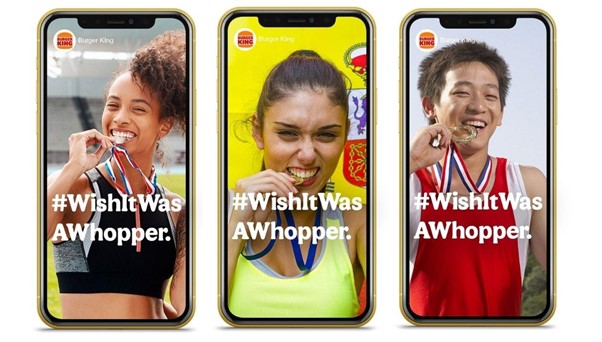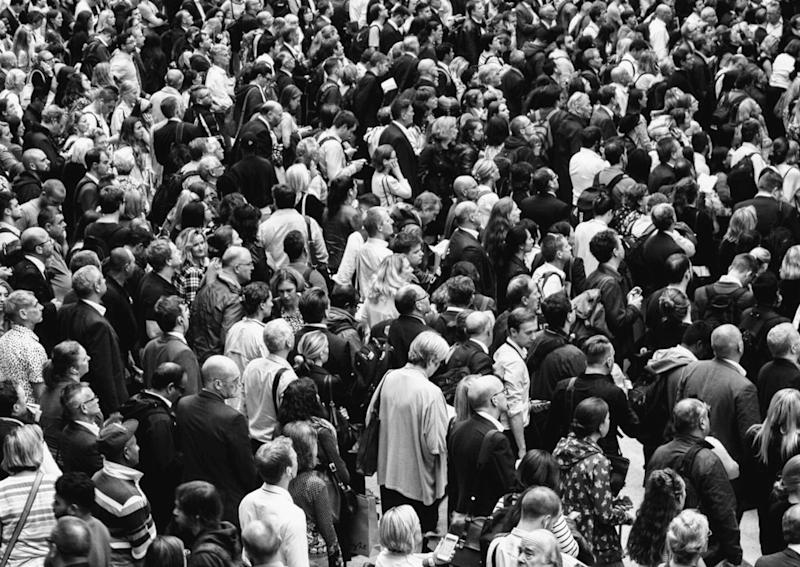Coca-Cola, Toyota, Visa, Airbnb, Samsung and Procter & Gamble are just some of the 60 brands sponsoring the Tokyo Olympics taking place between 23 July and 8 August.
NBCUniversal, the main television broadcaster in the US, has reported record ad revenues netting $1.25 billion from over 120 advertisers. That’s 20 more than last time and surpasses the $1.2 billion from Rio in 2016. While that seems promising, not everything is rosy.
The Olympics have always been wildly popular among advertisers, and this year is no exception. Brands have invested more than $3 billion in sponsorships and ad campaigns. But as the Games in Tokyo continue to spark controversy, top sponsors like Toyota are beginning to distance themselves. Are brands going to lose out?
Resentment Growing in Japan and Around the World
The 2020 Olympics, which were delayed by one year due to the ongoing COVID-pandemic, have been subject to controversy from the get-go. With health experts and the general public fearing a “superspreader” event, many have called for the games to be canceled.
A Japanese poll revealed that 83% of people in Japan think the Olympics should not have happened this year, and 46% believe the Olympics should have been canceled. The host country is struggling to keep the COVID pandemic under control, as it was slower than other countries to roll out the vaccine and only a quarter of its population is vaccinated.
At least 25 athletes have dropped out after becoming infected with COVID, and one hospital in Tokyo made headlines for putting up signs saying “Medical capacity reached its limits. Stop the Olympics!”.
Sponsors are Losing Out
Japanese corporate sponsors invested $3 billion in the games and paid an extra $200 million to extend the contracts after the event was postponed. But two weeks before the Opening Ceremony, Japan declared a State of Emergency and banned spectators.
With the Games being held in empty stadiums, sponsors are no longer able to run the in-person brand experiences they had planned. The subdued atmosphere is also a likely reason for the drop in viewership and public interest.
A Fujitsu spokesperson told Fortune magazine, “the decision regarding spectators means we will discontinue the use of sponsor tickets; and that we will no longer be able to offer our hospitality program, which was an opportunity for us to build relationships with customers.”
However, there’s a bigger problem. Brands seem worried that taking part in the unpopular Games could damage, rather than enhance, their reputation.
Toyota Drops Out Among Brand Image Concerns
Being a corporate sponsor for the most prestigious sporting event in the world is usually highly beneficial in terms of brand affinity and brand loyalty. But as the voice of opposition becomes too loud to ignore, even top sponsors are beginning to distance themselves from the event.
Toyota, one of the largest and most influential Japanese companies, recently announced an abrupt halt to its Olympic-themed TV ads in Japan. This can’t have been an easy decision for the brand, who signed a $1bn commercial deal with the International Olympic Committee in 2015.
Brands were quick to follow Toyota's lead, with Panasonic, Fujitsu, NEC, and others shunning the Opening Ceremony to avoid public backlash.
Outside of Japan, brands are steaming ahead with their campaigns.
Olympic Campaigns Still Going Ahead
The Olympics remains the largest and most prestigious sporting event in the world, offering brands unparalleled global reach and a rare opportunity to reach fragmented audiences.
While Toyota has distanced themselves from the Games to appease the Japanese market, their ads in the US are still running.
In other areas of the world, brands are running creative omni channel campaigns to unite their audiences and share messages of joy and hope in tough times. Let’s take a look at some of the strongest campaigns.
Nike “Best Day Ever”
Nike’s Olympic campaign explores how sport can help create a better tomorrow for champions and everyday athletes. The emotional spot stars sporting legends like Shelly-Ann Fraser-Pryce, the first woman to run 100m in under 10 seconds, and wheelchair tennis pro Diede de Groot.
Oreo “Fiercely Together”
The spot features athletes from rival teams singing along to “The More We Get Together.” The competitors put their rivalries aside to celebrate their shared love of Oreos.
Burger King #WishItWasAWhopper
Over the years, it’s become an Olympic tradition for champions to bite into their gold medal. In a creative marketing stunt, BurgerKing encouraged users to share images of athletes taking part in this tradition with the hashtag #WishItWasAWhopper.
Final Thoughts
It’s a tricky situation for brands. Sponsors who have pulled ads and canceled executive appearances will clearly not get their money’s worth. On the other hand, if something went wrong — like a major outbreak — then the brands associated with the Games could face a PR disaster.
In Japan, it makes sense for brands to downplay their association with the Olympics. However, in the rest of the world, the Games are still a good opportunity for brands to engage with their audiences. As the US, Europe and many other countries around the world are showing high vaccine rates, the general public is keen to get back to normal and have something to celebrate.
For brands, this is a unique opportunity to engage audiences in exceptional circumstances. After all, there will never be another Olympics like this one.





